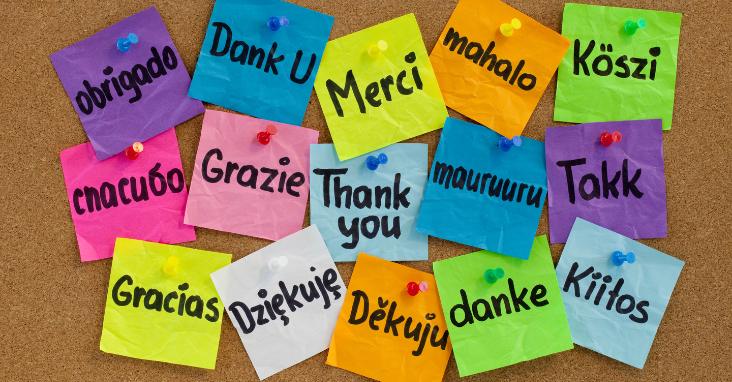Picture this: you’re drafting an email to a colleague on the same tier, making a request for some data you need by the next meeting. As you’re about to sign off, you hesitate. Should you say “thanks”? Or is “thank you in advance” more fitting? This may seem trivial, but such nuances in our communication can have profound implications for relationships and collaboration.
The phrase “thank you in advance” has become a staple in professional emails and correspondence. But what does it truly convey? What are the implicit expectations when you use it? How might the receiver feel? And are there any cultural or situational considerations you should be aware of? Today, we dive deep into the mechanics of this phrase, its history, and the debates surrounding its appropriateness.
Read the full article on thank you in advance on serchen.com




